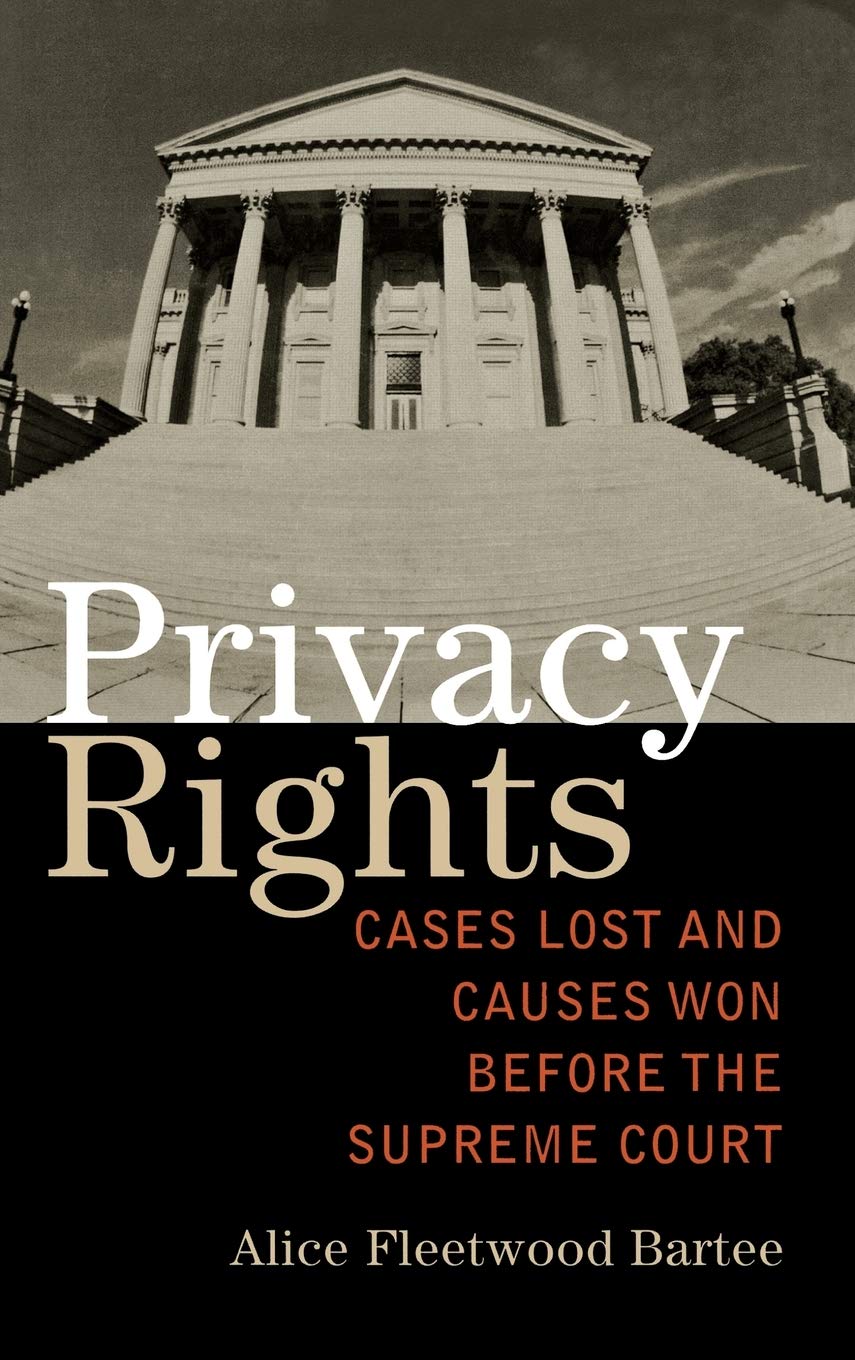phinhungngobao
New member

[Mua Ngay]: (https://shorten.asia/5X6vXCDQ)
### Quyền riêng tư: Các trường hợp bị mất và giành chiến thắng trước Tòa án Tối cao
Tòa án tối cao đã nghe một số trường hợp đã xử lý quyền riêng tư.Trong một số trường hợp, tòa án đã phán quyết có lợi cho quyền riêng tư của cá nhân, trong khi trong các trường hợp khác, nó đã phán quyết có lợi cho lợi ích của chính phủ.
** Các trường hợp bị mất **
Trong một trong những trường hợp sớm nhất để đối phó với quyền riêng tư, ** Olmstead v. Hoa Kỳ ** (1928), Tòa án Tối cao đã phán quyết rằng chính phủ có thể nghe lén điện thoại mà không có lệnh miễn là Wiretap không xâm phạm vật lý trêntài sản của nghi phạm.Quyết định này đã bị lật lại trong ** Katz v. Hoa Kỳ ** (1967), khi Tòa án Tối cao phán quyết rằng chính phủ cần lệnh nghe lén điện thoại ngay cả khi nghe lén không xâm phạm tài sản của nghi phạm.
Tại ** Hoa Kỳ v. Nixon ** (1974), Tòa án Tối cao phán quyết rằng Tổng thống Richard Nixon phải lật lại các cuộc trò chuyện của mình với Ủy ban Watergate.Quyết định này là một chiến thắng lớn cho nguyên tắc đặc quyền điều hành, nhưng nó cũng tái khẳng định quyền của người dân có quyền truy cập vào thông tin về chính phủ của họ.
Trong ** Gonzales v. Trung tâm quốc gia về trẻ em mất tích và bị khai thác ** (2007), Tòa án Tối cao phán quyết rằng chính phủ có thể thu thập siêu dữ liệu của các cuộc gọi điện thoại của người Mỹ mà không có lệnh.Quyết định này là một sự mở rộng đáng kể của các quyền lực giám sát của chính phủ, và nó đã gây lo ngại về sự riêng tư của truyền thông của người Mỹ.
** trường hợp won **
Trong ** Miranda v. Arizona ** (1966), Tòa án Tối cao phán quyết rằng cảnh sát phải thông báo cho các nghi phạm về quyền của họ trước khi thẩm vấn họ.Quyết định này đã là một sự bảo vệ lớn cho các quyền của các nghi phạm hình sự.
Trong ** Lawrence v. Texas ** (2003), Tòa án Tối cao phán quyết rằng chính phủ không thể hình sự hóa hoạt động tình dục đồng giới đồng thuận.Quyết định này là một chiến thắng lớn cho quyền của người LGBTQ+.
Trong ** Obergefell v. Hodges ** (2015), Tòa án Tối cao phán quyết rằng chính phủ phải cấp giấy phép kết hôn cho các cặp đồng giới.Quyết định này là một chiến thắng lớn cho quyền của người LGBTQ+.
### hashtags
* #quyen rieng tu
* #Tòa án Tối cao
* #digitalrights
=======================================
[Mua Ngay]: (https://shorten.asia/5X6vXCDQ)
=======================================
### Privacy Rights: Cases Lost and Won Before the Supreme Court
The Supreme Court has heard a number of cases that have dealt with privacy rights. In some cases, the Court has ruled in favor of individuals' privacy rights, while in other cases, it has ruled in favor of the government's interests.
**Cases Lost**
In one of the earliest cases to deal with privacy rights, **Olmstead v. United States** (1928), the Supreme Court ruled that the government could wiretap a phone without a warrant as long as the wiretap did not physically trespass on the suspect's property. This decision was overturned in **Katz v. United States** (1967), when the Supreme Court ruled that the government needed a warrant to wiretap a phone even if the wiretap did not physically trespass on the suspect's property.
In **United States v. Nixon** (1974), the Supreme Court ruled that President Richard Nixon had to turn over tapes of his conversations to the Watergate Committee. This decision was a major victory for the principle of executive privilege, but it also reaffirmed the right of the people to have access to information about their government.
In **Gonzales v. National Center for Missing & Exploited Children** (2007), the Supreme Court ruled that the government could collect the metadata of Americans' phone calls without a warrant. This decision was a significant expansion of the government's surveillance powers, and it raised concerns about the privacy of Americans' communications.
**Cases Won**
In **Miranda v. Arizona** (1966), the Supreme Court ruled that the police must inform suspects of their rights before questioning them. This decision has been a major protection for the rights of criminal suspects.
In **Lawrence v. Texas** (2003), the Supreme Court ruled that the government could not criminalize consensual same-sex sexual activity. This decision was a major victory for the rights of LGBTQ+ people.
In **Obergefell v. Hodges** (2015), the Supreme Court ruled that the government must issue marriage licenses to same-sex couples. This decision was a major victory for the rights of LGBTQ+ people.
### Hashtags
* #privacyrights
* #supremecourt
* #digitalrights
=======================================
[Hot Deal! Sản Phẩm Được Giới Trẻ Yêu Thích - Mua Ngay!]: (https://shorten.asia/5X6vXCDQ)






